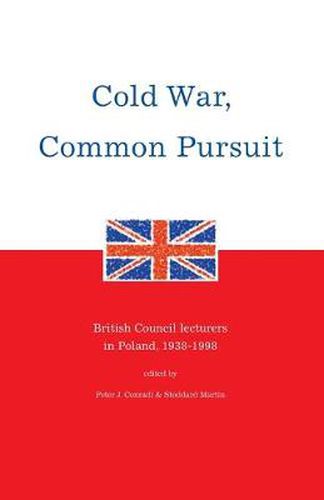Readings Newsletter
Become a Readings Member to make your shopping experience even easier.
Sign in or sign up for free!
You’re not far away from qualifying for FREE standard shipping within Australia
You’ve qualified for FREE standard shipping within Australia
The cart is loading…






A GROUP OF BRITISH WRITERS - among them some very distinguished names - watched the post-World War II changes in Poland at close hand. Most of them lived there for three or four years, and a number of them married Polish partners. Yet, apart from fictional representations, or pseudonymous articles in, say, The New Statesman, the convention of their employment made it hard for the story to be told until recently, when Foreign Office rules were changed. These are the lecturers in English literature associated with the British Council from 1938 onwards. Some helped in the reopening of departments of literature after their closure under Stalin (1947-58); some experienced the imposition of martial law, during which one Marxist lecturer, on seeing the tanks come out, fled the country. Many witnessed the birth-pangs of the new capitalism. As the posts no longer exist, this book is both an exploration and a commemoration of a unique period and programme in cultural relations.
$9.00 standard shipping within Australia
FREE standard shipping within Australia for orders over $100.00
Express & International shipping calculated at checkout
A GROUP OF BRITISH WRITERS - among them some very distinguished names - watched the post-World War II changes in Poland at close hand. Most of them lived there for three or four years, and a number of them married Polish partners. Yet, apart from fictional representations, or pseudonymous articles in, say, The New Statesman, the convention of their employment made it hard for the story to be told until recently, when Foreign Office rules were changed. These are the lecturers in English literature associated with the British Council from 1938 onwards. Some helped in the reopening of departments of literature after their closure under Stalin (1947-58); some experienced the imposition of martial law, during which one Marxist lecturer, on seeing the tanks come out, fled the country. Many witnessed the birth-pangs of the new capitalism. As the posts no longer exist, this book is both an exploration and a commemoration of a unique period and programme in cultural relations.